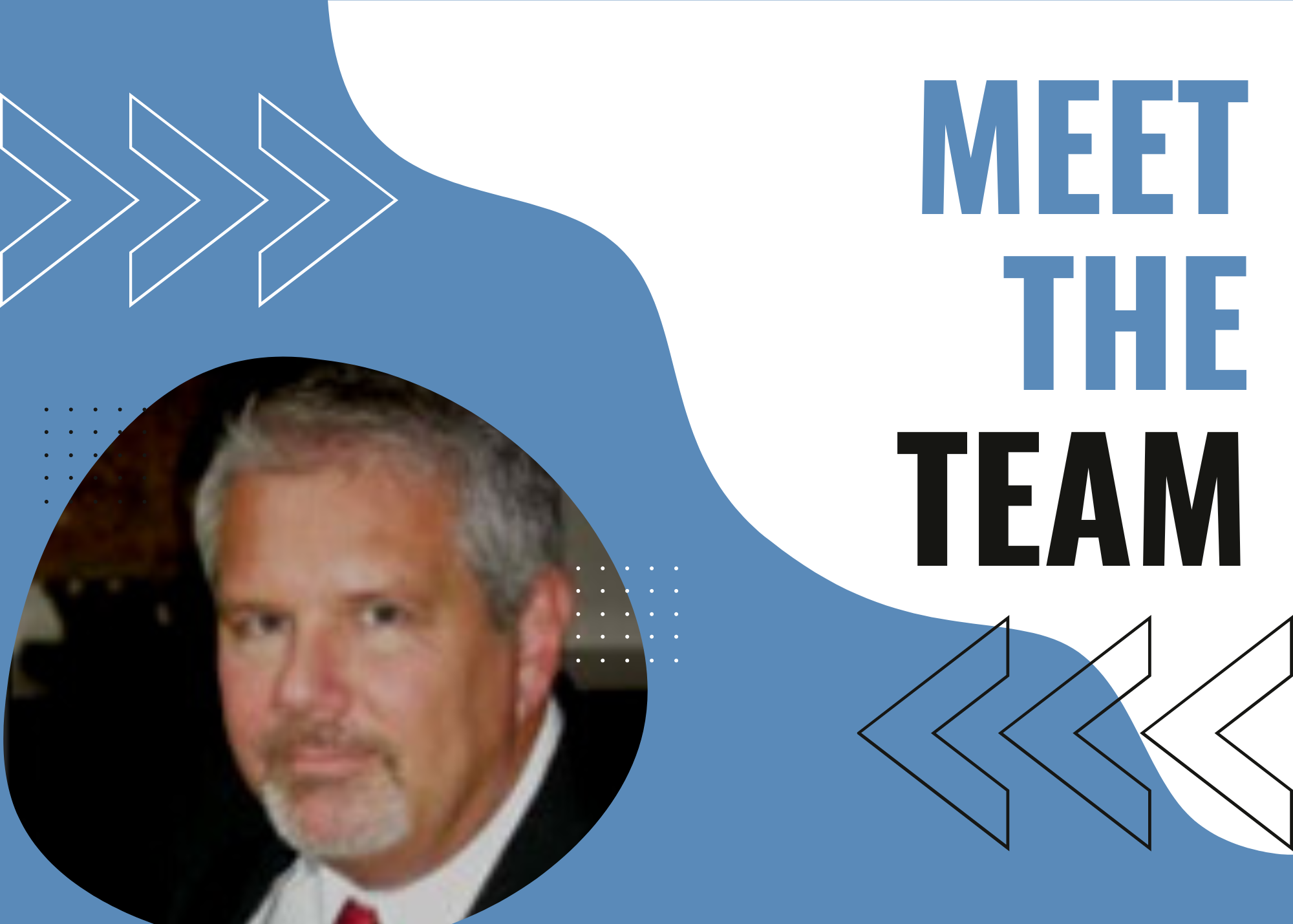James Strawn has been in the tech industry for over 30 years, and he’s seen it all. A seasoned scuba diver and sometimes local politician, he also happens to be a tech master. When James isn’t taking his grandchildren on trips to the Okefenokee Swamp or reading about operational science developments, he’s managing a Softensity app development team that will eventually run 31 different microservices for a client.
While he originally began working in the logistics arena, James became involved with application implementation in the early 90s and never looked back. He worked at several international companies as a project manager, app specialist, and consultant before joining the Softensity team over eight years ago to work as a scrum master. We sat down with James to pick his brain about his fascinating experience in the IT industry.
How has Softensity grown and changed throughout your career?
While my role hasn’t changed much over the years, Softensity itself has grown significantly. It’s really almost hard to believe. I’ve always told their partners that they have such a great company and so many opportunities to grow, and they’ve taken that on with a vengeance and exploded. If I had to guess, they’ve probably grown by an order of magnitude since I first started.
How has the IT industry evolved throughout your career?
My background in IT goes far back enough to have worked with mainframe computers, like the systems 43 and 390 from IBM. I’ve watched it change from the mainframe with massive hardware to now working with cloud computing (which I don’t find to be that different). Learning the new tech and all the new ways the IT industry markets itself has been a learning curve, but it keeps things interesting.
What is it like to coordinate and lead teams globally?
Since the mid-80s, I’ve been on international teams and have traveled to nearly 179 countries for work. I get such a charge out of the different cultures and perspectives that an international team brings to the table, and I get to learn about the world in sort of a voyeur fashion. Now, I don’t have to be in Uzbekistan or Turkey to get a sense of what’s going on there and a feel for the culture. It’s hard for me to imagine a workday world where diversity of origin and culture aren’t the norm.
What is the biggest benefit of working with an international team?
For the client, our international team allows us to have 16-hour or even 24-hour work days if needed. We have developers in Central Asia and Eastern Europe, and then they pass it on to the Latin American team to get those full days of work. It can be challenging for me to wake up at 5 or 6 a.m., but as a scrum master, there’s so much to accomplish in so little time. It spreads my day out and allows me to get way more done than I could with teams working only 8 hours.
The other big benefit is that we can hire the best people coming out of the IT industry no matter where they live. Our people generally have no less than five years of experience and come from good schools in their various nations. In terms of personnel, hiring globally has given us such an advantage.
What is the best part of working for Softensity?
At this point in my career, I really appreciate the trust that Softensity gives me. I step into a project usually in some kind of managerial role and have quite a bit of self-determination. That being said, I view my role as kind of an ambassador for Softensity. We want to do everything possible to meet the client’s needs and ensure that they have a good experience, so it’s nice that they trust me to be my own manager and do just that.
Do you have advice for anyone who’s considering a career in IT?
The thing about IT is that you never know where it’s going next. Like I said, when I started we had a mainframe computer that was locked up in a room that no one ever went into. Since then, I’ve been involved in data science and artificial intelligence, and to see IT kind of take over the world in the past 30 years or so, it’s just astounding. Even now, IT is only accounting for about 10% of corporate spending and yet it’s one of the most dynamic industries to work in.
So my advice to young developers is to keep your eyes open and watch the growth around you. Don’t ever think you’re at the peak of your career or that you’ve been pigeonholed into one role because the opportunities to learn and grow and pivot your career are endless. If you ever find yourself less passionate about programming, there’s even IT management and analysis and about a thousand other roles you’d fit into well. Just follow your dreams, and you’ll get there.
